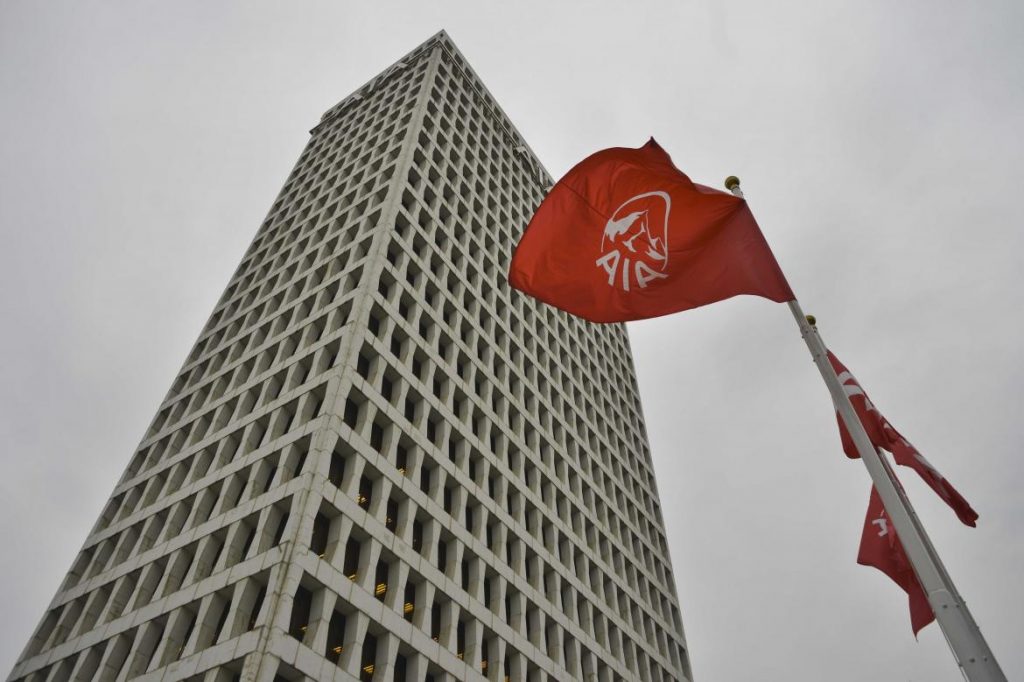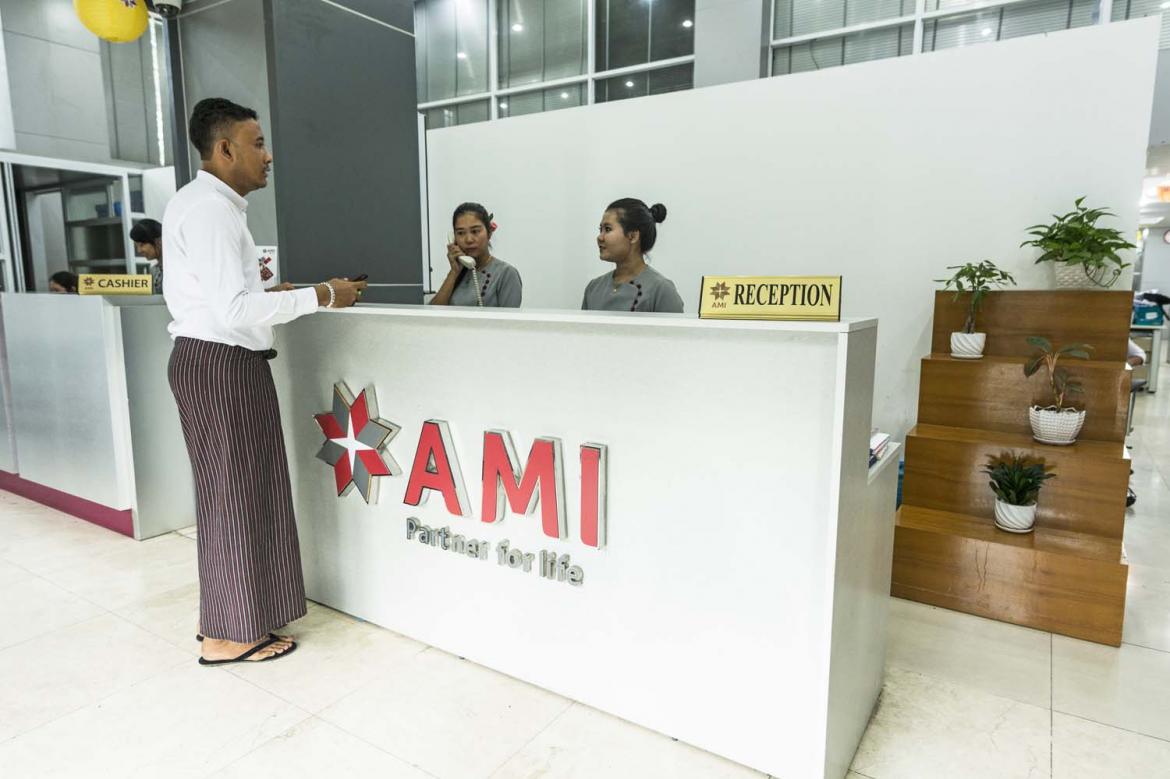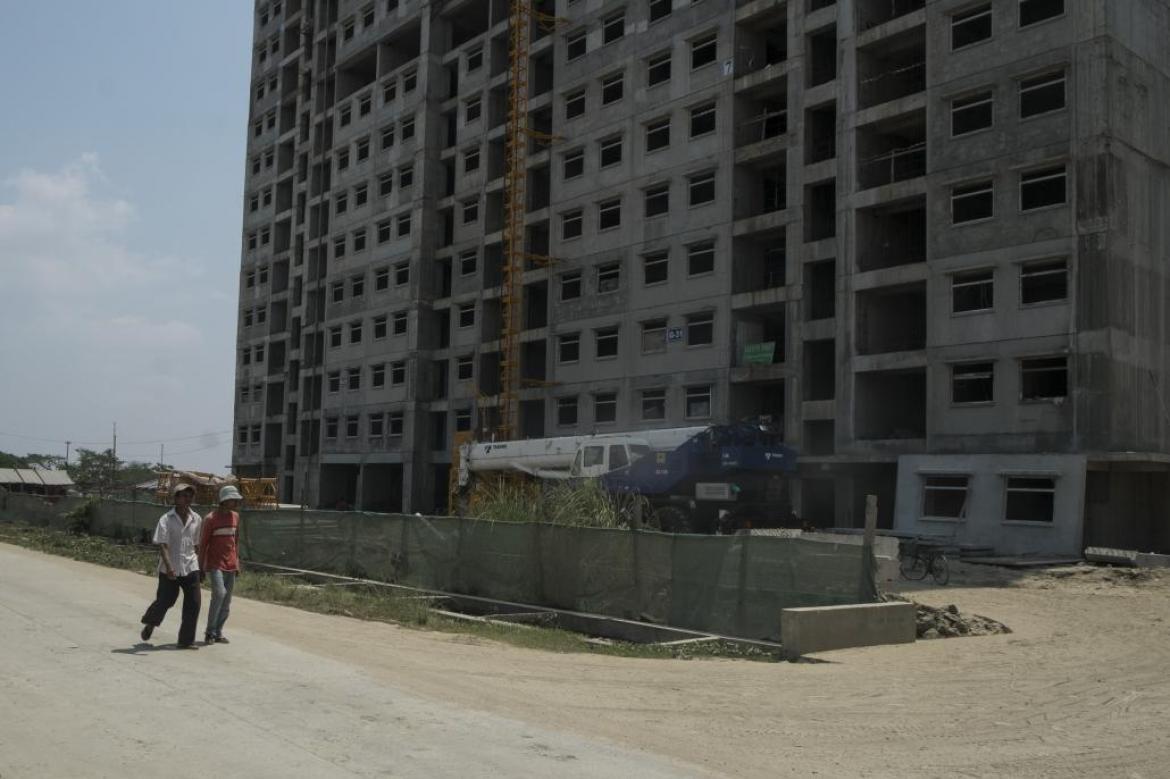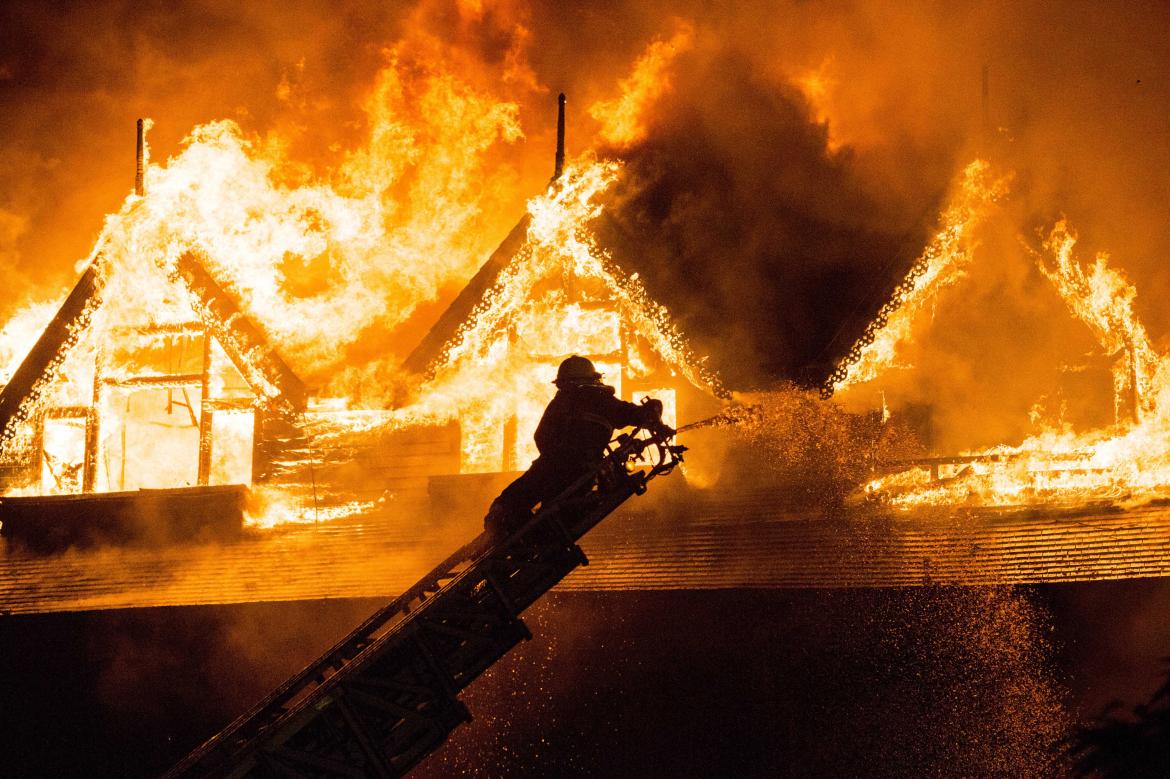The Myanmar government is preparing to liberalise the insurance market and allow in foreign players, but it’s unclear whether that will be on a joint venture or fully owned subsidiary basis. Mr Ng Keng Hooi, group chief executive and president of AIA Group, discusses the state of the insurance market, his company’s plans for Myanmar and the perceived lack of independence of the local regulator with Frontier’s Kyaw Ye Lynn.
Why is AIA considering entering Myanmar?
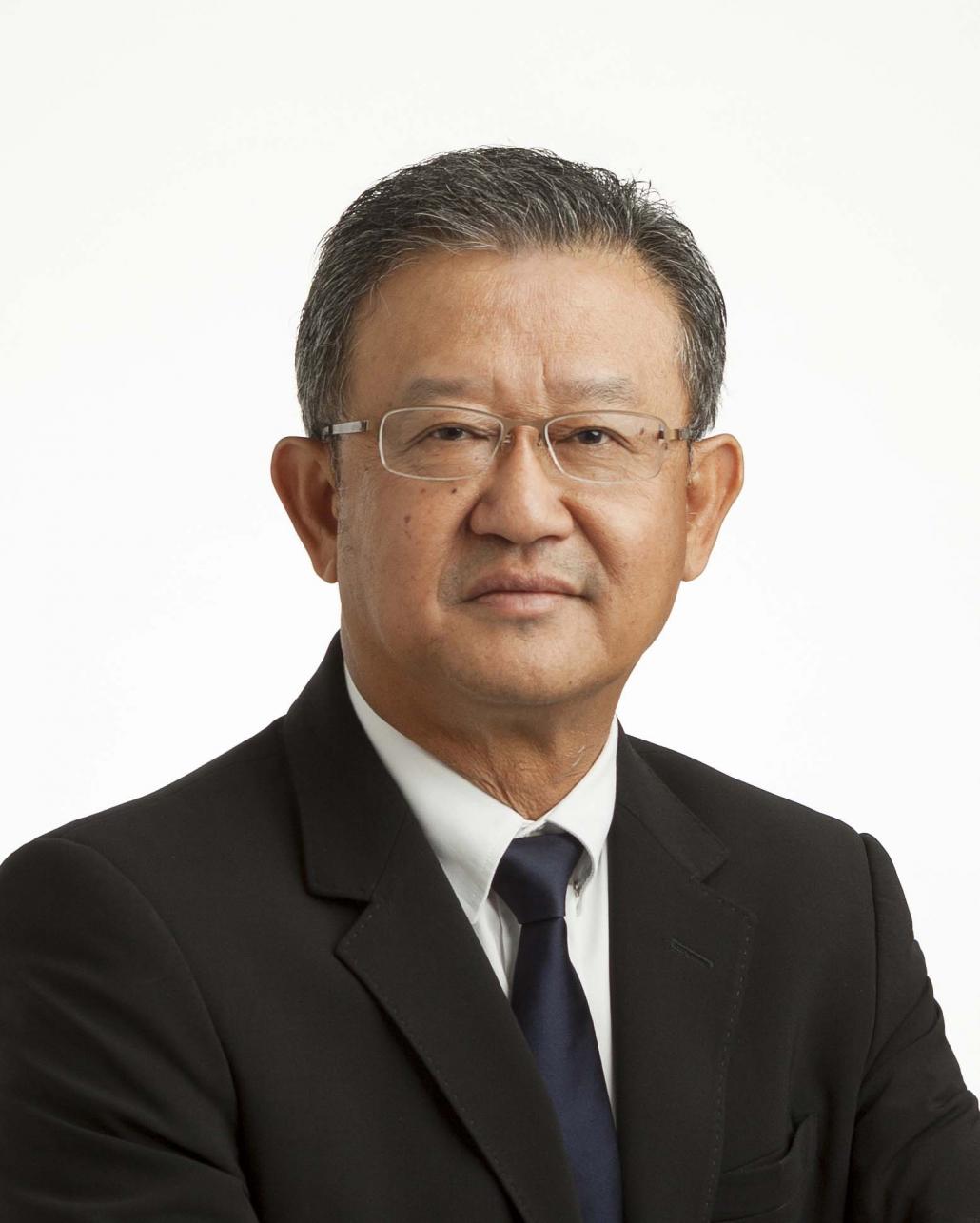
Mr Ng Keng Hooi, group chief executive and president of AIA Group. (Supplied)
Myanmar is a fast growing country [and] with the liberalisation in the market we see there is a huge potential in terms of the market growing, the economic development. With that, the population will grow more wealthy, have more income, so there is good potential for them to take up life insurance. We are very much a life insurance company, we like to come into a market early so that we can grow with a country. So it’s clearly a huge market in terms of people.
If you look at the whole country, things are opening up and there’s a need for foreign investment … AIA has got businesses in 17 other countries in Asia and we have a lot of successful operations so coming into Myanmar we’ll be able to bring in our expertise and what we have done well in other countries. So it’s good for the market and I think as the market opens up it’s good for the population. As an insurance company, we create jobs and we also invest a lot over the long term for the country.
In Thailand, for example, we are the biggest holder of Thai government bonds – we hold more than 50 percent of Thai government bonds – so we can become a long-term provider of capital in the market. So I think it would be good for people in Myanmar, we come in with the necessary expertise to grow the market, we can create jobs for people in Myanmar, so we hope the government will see the positive side of a company like ours coming to Myanmar.
Foreign insurance firms have not been allowed to operate yet and also local insurers are facing restrictions. What do you think about the market at the moment?
I think it’s still small and it’s got big potential to grow. That’s why it requires expertise coming in from other countries so I think opening it up to foreign companies will bring in the expertise to grow the market a lot faster.
We hear that they will probably finalise [the insurance market liberalisation] by the end of the fiscal year. We believe that the government will make an announcement by the end of March 2018.
It’s still unclear whether foreign companies will be allowed 100 percent subsidiaries or be required to partner with local companies. If they require joint ventures, what will you do?
Support more independent journalism like this. Sign up to be a Frontier member.
AIA, in all the countries we operate, we own 100 percent. That’s how we can operate and run our business well. So we hope that we’ll be given 100 percent in this market. That’s very important to us as a company. The life insurance business is a very long-term investment; you’ve got to put in a lot of capital and it takes a long time for you to make money. For a company like ours, we have the financial capability to invest long and to grow the business and do business well.
I think a JV partnership is just too complicated and … I’m not sure that we’re going to find JV partners who would be able to invest in the same way that we want to invest. If we come into this market, we’d like to invest and grow the business – a lot of money is needed, hence that’s why we would prefer to be on a 100 percent basis where we have more freedom to do what we think is good for the company and good for the market.
Interviews with policymakers and some other influential people in the industry suggest they will allow only JVs. If that’s the case, does that mean AIA won’t invest?
Yes, we’ll probably have to wait for the right time where we can do 100 percent.
Why does Myanmar need a strong insurance market?
I think it’s very important because life insurance is important as the people in Myanmar become more wealthy and they have more income. Life insurance makes sure that families are well protected. That’s the most important thing.
Say you earn “x” dollars a year. We say that you will need at least 10 times that one-year income as a protection. So if the breadwinner dies, then they have at least 10 times their annual income to support the family. It gives the family time to adjust.
In most Asian countries, there’s no social security system to protect you.
Does the lack of a social security system offer more opportunities for insurers?
Yes, that’s why insurance is needed. People have to take care of themselves – they can’t depend on the social security system.
Some people are critical of Myanmar’s regulator, the Insurance Business Regulatory Board, and say it is not really independent. How important is an independent regulator for market growth?
Everywhere we like to see that regulators are independent of all the players. But I’m not close enough to say how they are in Myanmar.
Some of the regulators, though, it seems they want to protect their local friends.
Well, all of the companies must learn how to compete against each other. Local companies do have their advantages – they know the market, they know the people – so we have to come in, we have the expertise but we still have to compete … I think having companies like ours coming in is a good thing for the market.
TOP PHOTO: AFP


